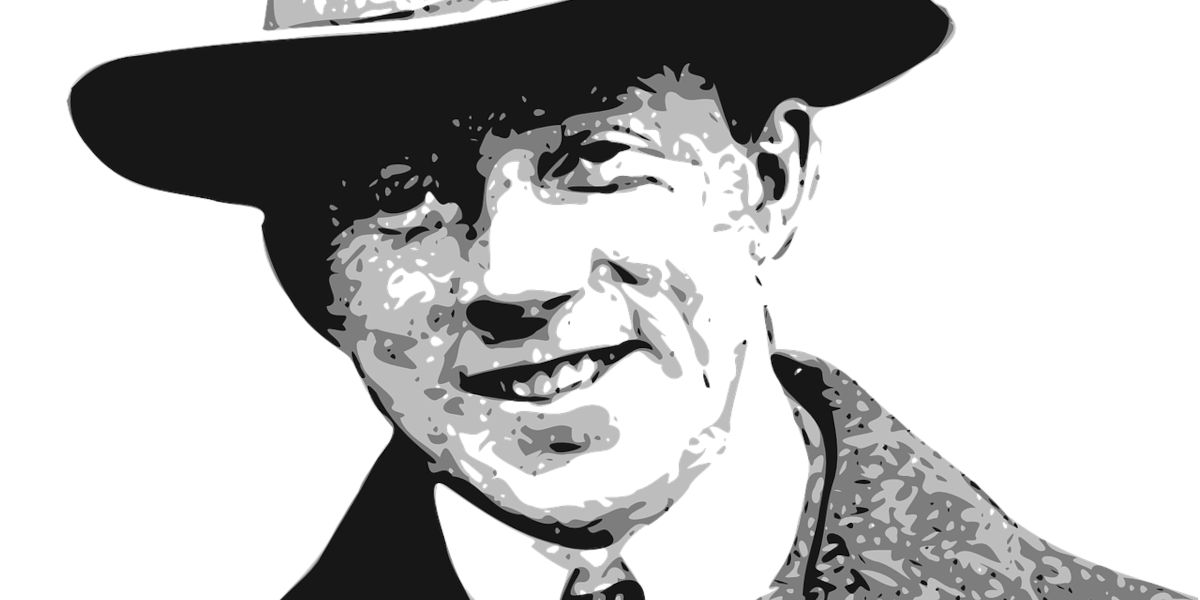The development of quantum physics marks one of the most significant scientific revolutions the world has ever witnessed. It represents a massive leap in understanding, and even today, challenges our conception of the cosmos. This shift was not the work of a single individual but a collective effort by some of the most famous quantum physicists. In this article, we will explore how the journey of quantum physics began, the famous minds behind it, and how this field fundamentally altered our view of the universe.
Development of Quantum Physics: A quantum leap in scientific understanding
The birth of quantum physics goes back to the beginning of the 20th century when physicists around the world were grappling with the limitations of classical physics, particularly in reference to explaining the behavior of tiny particles at the atomic level. Quantum physics or quantum mechanics was the product of strenuous intellectual endeavors aimed at understanding the inexplicable phenomena that Newtonian mechanics could not explain.
The quantum revolution was precipitated by some high-profile experiments, notably the Max Planck’s explanation of black-body radiation and Albert Einstein's paper on the photoelectric effect, which led to the quantum theory of light. Planck discovered that energy, rather than being continuous, came in discrete packets or quanta, hence the term ‘quantum’ physics.
Famous Quantum Physicists: Pioneers of the Quantum Revolution
Several famous physicists played vital roles in developing and refining the theories of quantum mechanics. Foremost among them were Max Planck, Albert Einstein, Werner Heisenberg, and Niels Bohr.
Max Planck is often referred to as the father of quantum mechanics. He initially devised the quantum theory to explain the radiation of energy from a glowing object, also known as black-body radiation. Planck's work initiated the wave of the quantum revolution.
German physicist Werner Heisenberg made significant contributions, primarily his uncertainty principle. This principle suggests that you cannot simultaneously measure both the position and momentum of a subatomic particle with absolute precision.
Niels Bohr, the Danish physicist, played an instrumental role in shaping our understanding of atomic structures and quantum theory. Bohr's postulation was the model atom, where electrons exist on discrete levels, popularly referred to as 'shells' or 'orbits', was a significant milestone in quantum physics.
The Impact of Quantum Physics: How Did Quantum Physics Change the World?
Working in these intricate realms of subatomic particles might seem far removed from daily life and the world as we perceive it. But it's awe-inspiring to realize that the quantum revolution has influenced so much of the technology we depend on today.
Quantum mechanics laid the foundation for developing novel technologies like lasers, computer chips, MRI machines & even the internet. Without quantum mechanics, our modern digital world simply wouldn't exist.
Beyond the realm of practical applications, quantum physics has fundamentally altered our understanding of reality. Traditional physics posits a predictable, deterministic universe, but quantum physics presents a universe that's inherently fuzzy and probabilistic. This shift from a deterministic to a probabilistic universe has profound philosophical implications.
We left off discussing the startling assertions made by quantum physics that has significantly altered our understanding of the universe and reality itself. As we moved forward from the era of classical physics into the era of quantum physics, we were challenged to rethink many of the fundamental aspects of life, matter, and existence.
From the wonky, unpredictable, and often paradoxical concepts such as quantum entanglement, to the mystifying notion of superposition where a particle can exist in multiple states at once, all the way to the probabilistic nature- where there is no certainty, only likelihoods - Quantum physics has quite literally altered the landscape of our understanding and intuition about the universe.
Breaking Free From Classical Shackles
The laws of Newtonian physics, also known as classical physics, held dominion over our understanding of the universe for centuries. These laws dealt with the macroscopic world we could see, touch, and sense. In essence, these laws were deterministic, where knowing the current state allowed prediction of future states with absolute certainty.
However, the advent of quantum mechanics ushered in change. Here was a theory that not only explained phenomena at the microscopic level, that classical mechanics couldn't, but also predicted phenomena that were later observed and confirmed.
The Pivotal Role of the Observer
Quantum physics demands a dramatically different understanding of reality, with the observer’s role in the scenario being crucial. According to the Copenhagen interpretation (one of the most widely held interpretations of quantum mechanics), an unobserved event exists in a state of 'superposition', which is essentially a combination of all possible outcomes.
The act of measurement (or observation) ‘collapses’ this superposition into one of the possible states. This interpretation led to the famous Schrodinger's cat thought experiment, which brings up an alarming paradox. A cat in a box could be both dead and alive at the same time until observed - a rather eerie and counterintuitive concept.
Quantum Entanglement: Spooky Action at a Distance
Another paradoxical phenomenon predicted by quantum mechanics is quantum entanglement. Albert Einstein famously called it "spooky action at a distance," as the state of one particle could instantaneously affect the state of another, regardless of the distance. Experimentation over the years has validated this peculiar quantum prediction, shaping our understanding of reality and causality.
In conclusion, quantum physics has not just reshaped our view of the universe but also urged us to rethink our perception of reality. The quantum revolution has truly dawned a new age in scientific understanding with far-reaching implications that extend beyond science, impacting philosophy, computing, and potentially, the very fabric of existence.




